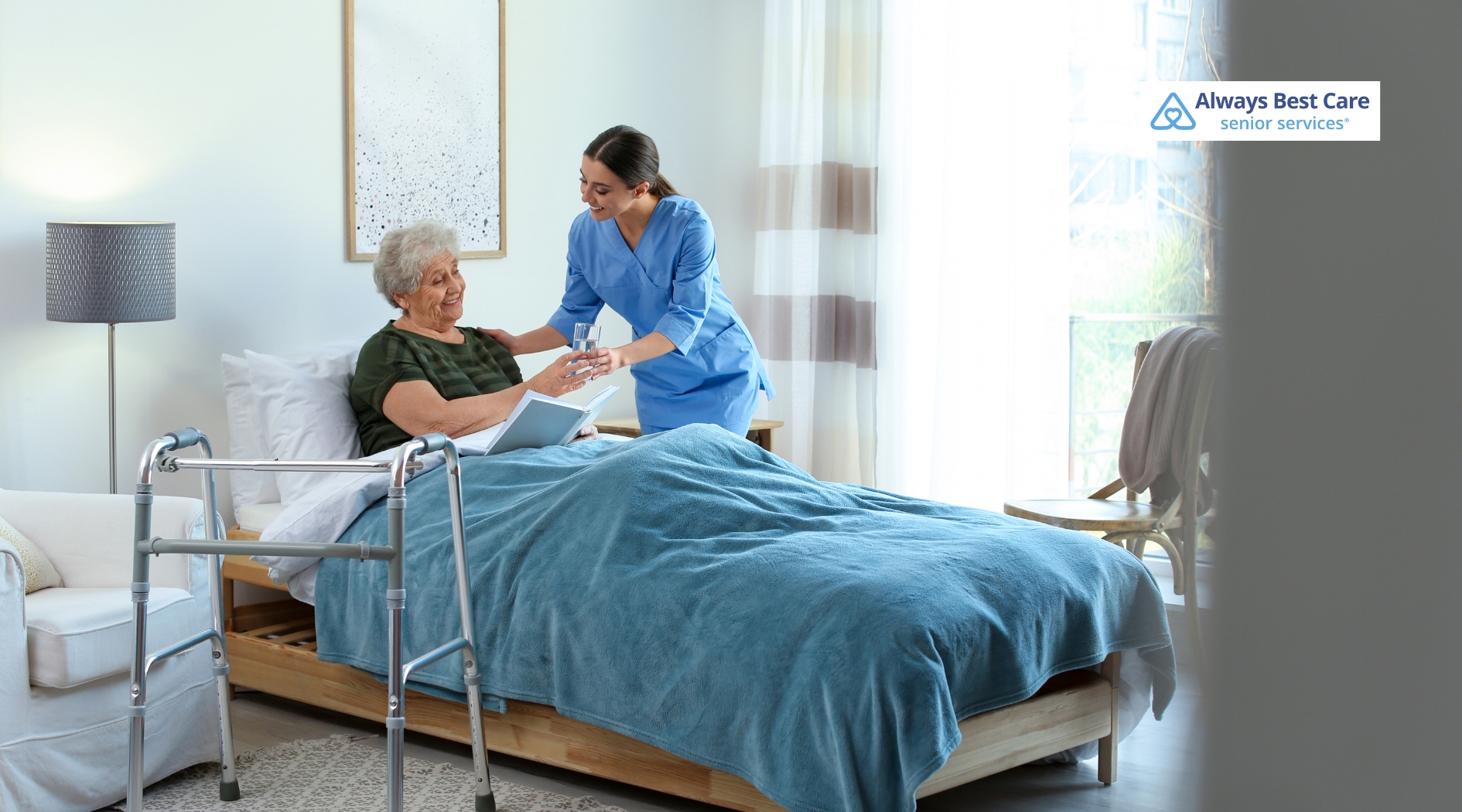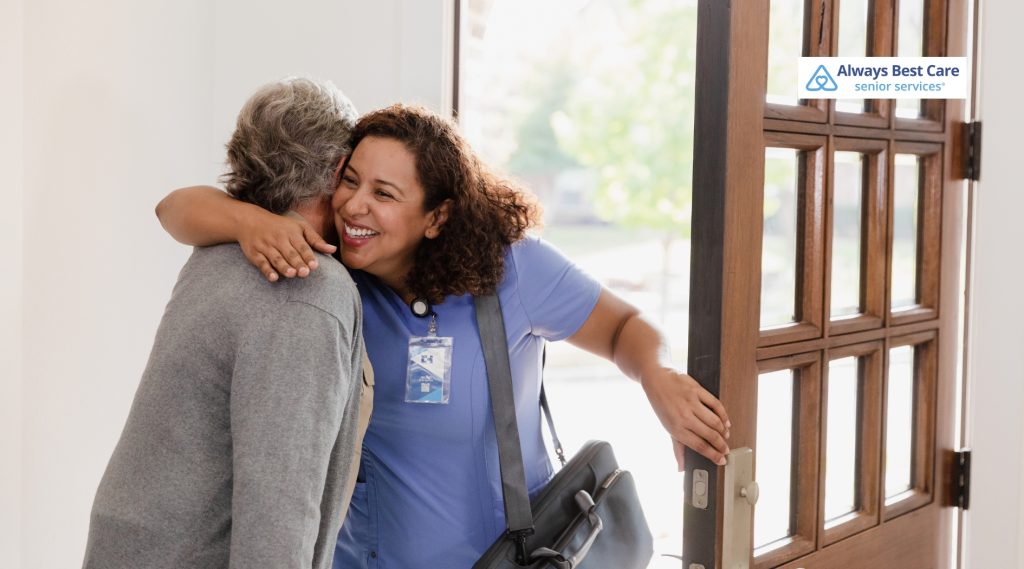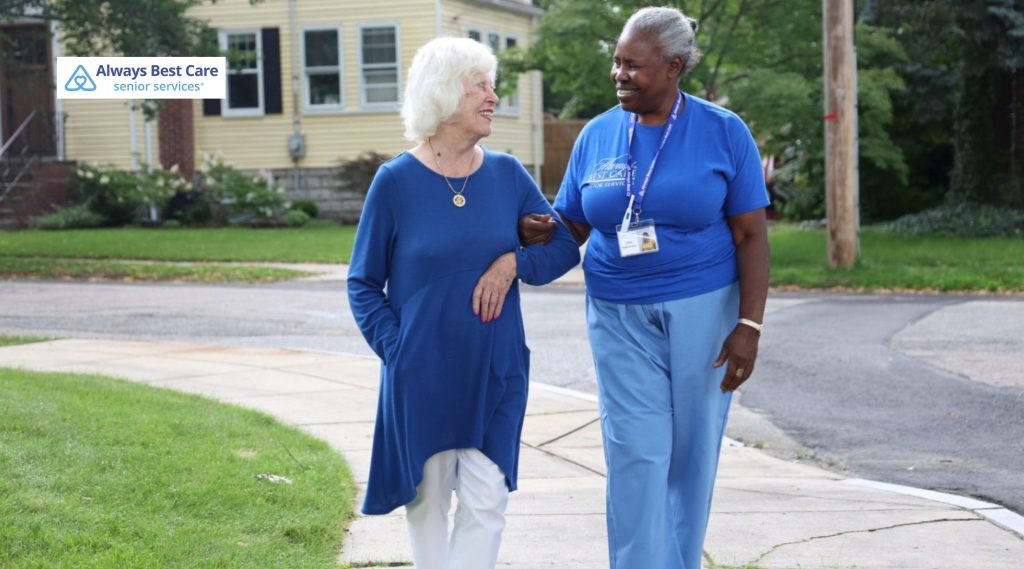Signs It Might Be Time to Consider Hospice Care in Thousand Oaks

Deciding on hospice care for a loved one in Thousands Oaks is never easy. The emotional weight and myths swirling around the topic can leave families feeling lost, anxious, and sometimes even guilty.
But here’s the heart of it: hospice care is about comfort, respect, and making every moment count, not about giving up.
At Always Best Care of Thousand Oaks, we walk with families through these decisions, offering compassion, expertise, and a listening ear when it matters most.
What you will learn:
- The key physical, emotional, and behavioral signs that may indicate it’s time to consider hospice care for your loved one in Thousand Oaks.
- How hospice care focuses on comfort, dignity, and emotional well-being for patients and their families during life’s final stages.
- When and how to have compassionate conversations about hospice care, helping families make thoughtful and informed choices.
- The ways Always Best Care of Thousand Oaks provides trusted local guidance, coordination with hospice providers, and support every step of the way.
Table of Contents
What Is Hospice Care, Really?
Let’s clear the air: hospice care isn’t a surrender. It’s a shift in priorities, focusing on comfort and quality of life when an illness no longer responds to curative treatment.
Rather than hospital rooms and endless procedures, hospice often brings care home or to a familiar setting, surrounding your loved one with a team dedicated to easing pain and providing emotional and spiritual support.
Hospice is typically available through Medicare, Medicaid, and many private insurers, so cost doesn’t have to stand in the way of compassionate care.

Physical Signs It May Be Time for Hospice Care in Thousand Oaks
Sometimes, the body speaks volumes. If you’re seeing the following changes, it might be time to start a conversation:
- Frequent hospital trips or ER visits, one after another, without much improvement.
- Noticeable weight loss that isn’t getting better, even with intervention.
- Breathing struggles, even when resting, or new reliance on oxygen.
- Pain that’s tough to control, despite increasing doses or new medications.
- Infections that linger or keep coming back.
- Reduced mobility, such as needing help to get out of bed or move between rooms.
- Struggles with daily basics, like eating, dressing, or bathing without help.
Watching these signs develop is heartbreaking, but recognizing them early can mean more days filled with comfort and connection.
Emotional and Behavioral Changes to Watch For
Physical decline isn’t the only sign. Illness can chip away at the spirit, too:
- Pulling back from social life, choosing rest or solitude over visits and conversation.
- Loss of interest in favorite things, from hobbies to family traditions.
- Emotional changes, like deep sadness, fear, or anxiety about the future.
- Confusion or forgetfulness that’s new or worsening.
When we see these changes, it’s often the illness, not just the mood, telling us that a different kind of care may be needed.

Medical Considerations: What Do the Experts Say?
Doctors may recommend hospice care when:
- The diagnosis is terminal, with a life expectancy of about six months or less if things continue as expected.
- Treatments meant to cure or slow the disease just aren’t working, or the side effects are worse than any benefit.
- The focus naturally shifts from fighting the illness to making each day as comfortable and meaningful as possible.
How Hospice Care Helps: It’s Not About Less Care, But Better Care
Choosing hospice means more support, not less. Here’s what you and your family can expect:
- Expert pain and symptom management, 24/7 if needed.
- Emotional and spiritual care for the whole family, not just the patient.
- Respite care to give family caregivers a much-needed break.
- Guidance with end-of-life planning, so nothing is left unsaid or undone.
- Answers to urgent questions, day or night.
At Always Best Care of [city name], we coordinate with trusted hospice providers and help you understand your options every step of the way.

Having the Conversation: Tips for Families
Bringing up hospice isn’t easy. But with a gentle approach, families often find relief in honesty and support. Here’s what helps:
- Pick a quiet moment without distractions.
- Listen closely to your loved one’s hopes, fears, and wishes.
- Use caring language, focus on comfort and dignity rather than loss.
- Invite the doctor to join the talk, providing reassurance and expertise.
When Should We Reach Out for Hospice in Thousand Oaks?
Waiting too long can mean missing precious time when your loved one feels truly comfortable. If you’re seeing several of the signs above, physical decline, withdrawal, or tough-to-manage symptoms, it’s worth reaching out sooner rather than later.
Contrary to popular belief, hospice care doesn’t shorten life; studies show it can even help folks live longer by easing stress and suffering. But more importantly, it makes those final months or weeks richer and more peaceful.
Why Always Best Care of Thousand Oaks?
- Compassionate guidance, we’re here to listen, not just talk.
- Local knowledge, we know and the resources available.
- Trusted partnerships with leading hospice providers.
- Personalized support, we tailor recommendations to your family’s unique story.
You don’t have to walk this road alone.

FAQ: Hospice Care in Thousand Oaks
Q: What is the main goal of hospice care?
A: The goal is to make each day as comfortable as possible, prioritizing dignity, symptom relief, and emotional support.
Q: Does hospice care mean giving up?
A: Not at all. It’s about changing the focus to comfort and quality of life, not about losing hope.
Q: Where does hospice care happen?
A: Hospice care can take place at home, in a hospice center, or in a long-term care facility, wherever your loved one feels most at peace.
Q: Is hospice care expensive?
It’s usually covered by Medicare, Medicaid, and many private insurance plans, so most families don’t pay out-of-pocket for core services[2].
How soon can hospice care start?
Once the need is clear, care can often begin within days or even hours in urgent situations.
Reach Out to Always Best Care of Thousand Oaks for Compassionate Hospice Support Today
Making the call about hospice care in Thousand Oaks is tough, but you’re not alone.
At Always Best Care of Thousand Oaks, we walk beside you, offering clarity, compassion, and resources to make sure your loved one’s journey is filled with comfort and dignity.
If you’re noticing the signs, don’t wait; reach out to us today at (805) 563-6440. Let’s make every moment count.





